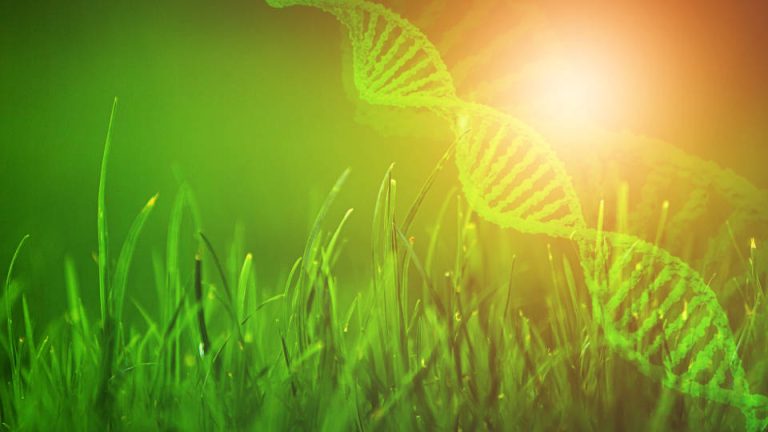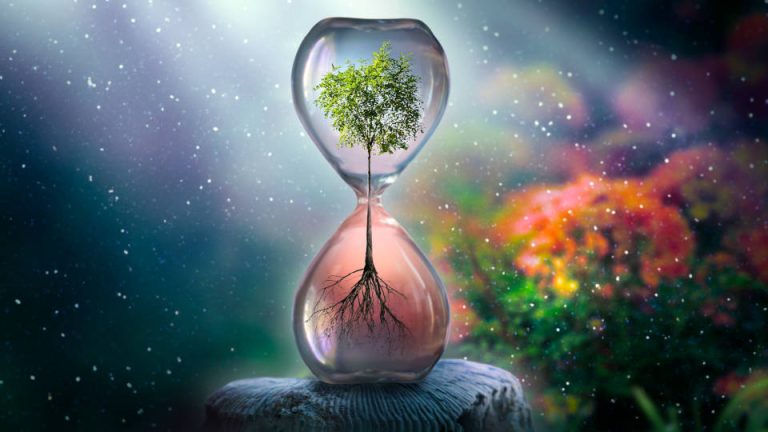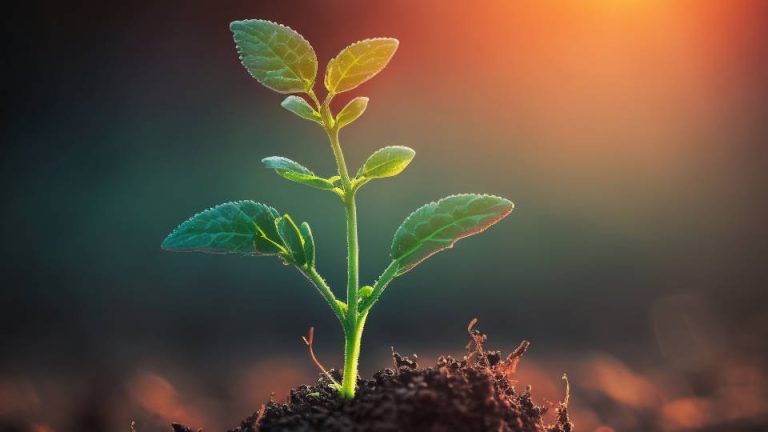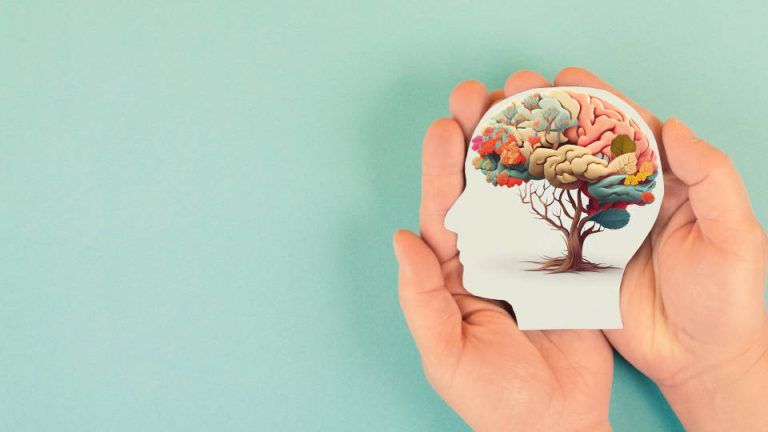There is no single fingerprint when it relates to EMOTIONS.
I got a call from my father. He says, “Mother is in depression.”I ask him what gives him this indication. He says, “She is not talking and does not open her eyes.”
About the mother, she has fibrosis in her lungs, and her condition has deteriorated in the last couple of months. She has lived with these symptoms for almost 20 years. Being a carer for her child with a severe disability, she is more unwell than her child.
I hear the emotion of helplessness in my father’s worry. I hear the fear of him losing his spouse. I hear vulnerability and listen to myself, inviting my emotions of steadiness. It is as if I am shuffling through my thinking brain to understand everything he is saying, and my mind sticks to one feeling “Depression.”
Neuroscience has shown evidence of Depression’s effects on the brain. It has evolutionary roots: it reduces the brain volume, leads to harmful inflammation and causes disruption of the chemical balance, causing the receptor 5HT1A to wipe out neurotransmitters such as dopamine and serotonin. The gene NYP mutates, causing an increase in white blood cells, an overactive immune system, and inflammation. Moreover, research has shown that an increase in Co2 in the bloodstream increases the fear response in the individual.
I am thinking about all this and calming my fears of losing my mother. I tell my father, “We know she has outdone her physical capability. She is bedridden on the oxygen tank 24/7, her Co2 level is high, and she fears feeling suffocated; she has no sense of fulfilment now, is in pain, and her immune system is compromised. Her keeping quiet and her eyes closed is how her body tells her to slow down; it is trying to preserve itself from threat.”
Depression is clinically defined as a persistent feeling of sadness. According to WHO, more than 350 million people suffer from Depression, almost 4.3% of the global disease burden and an expenditure of 850 billion Euros. Depression onset is during adolescence, and the pressures of natural selection should have eradicated it. What is the advantage of Depression?
I can’t answer it for anyone, but for my mother, it is preserving her, and for my selfish needs, I still have her.
The books that set the tone for this blog:
How the Mind Changed by Joseph Jebelli
How Emotions Are Made (The secret life of the brain) by Lisa Feldman Barrett.







